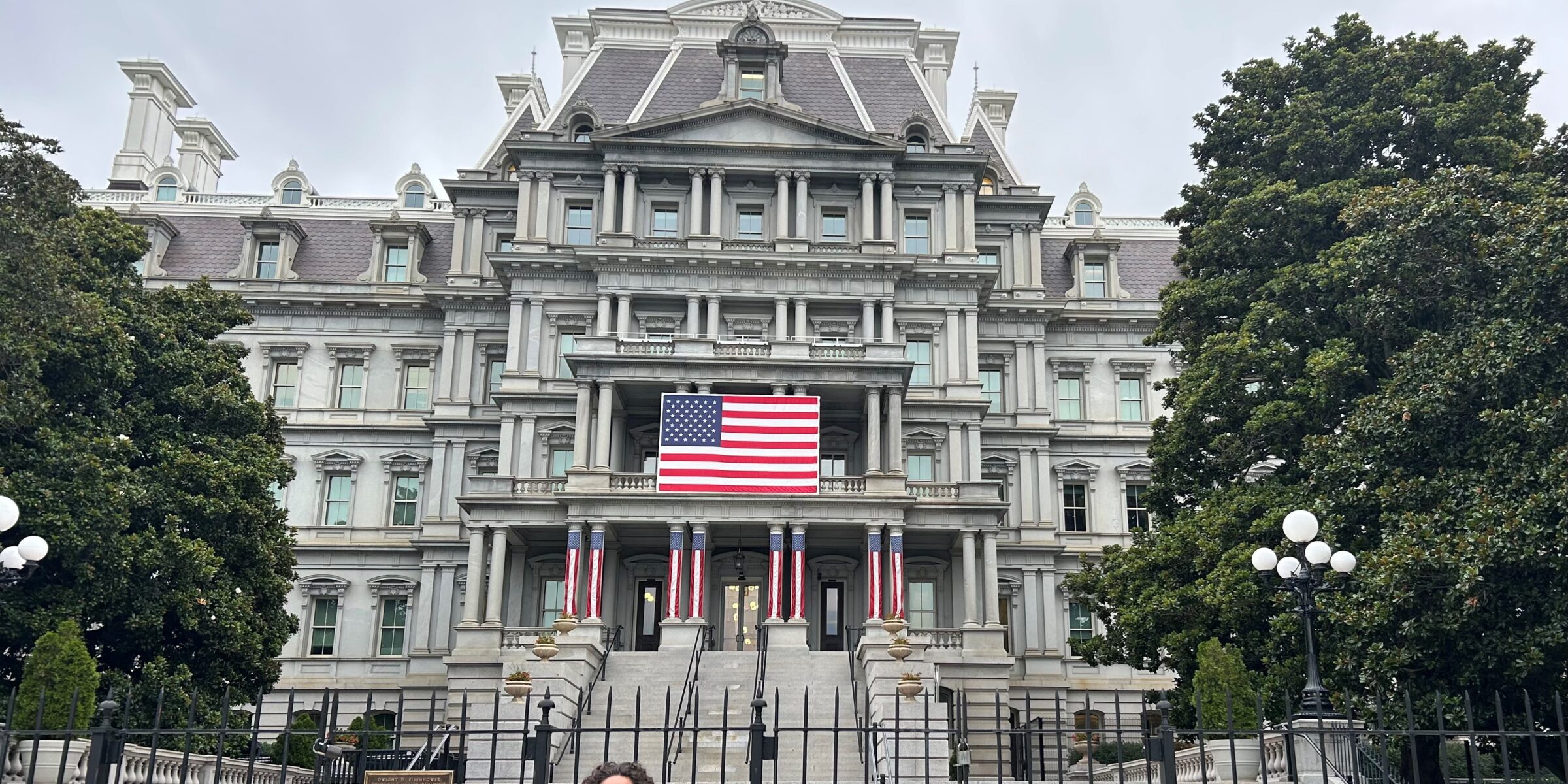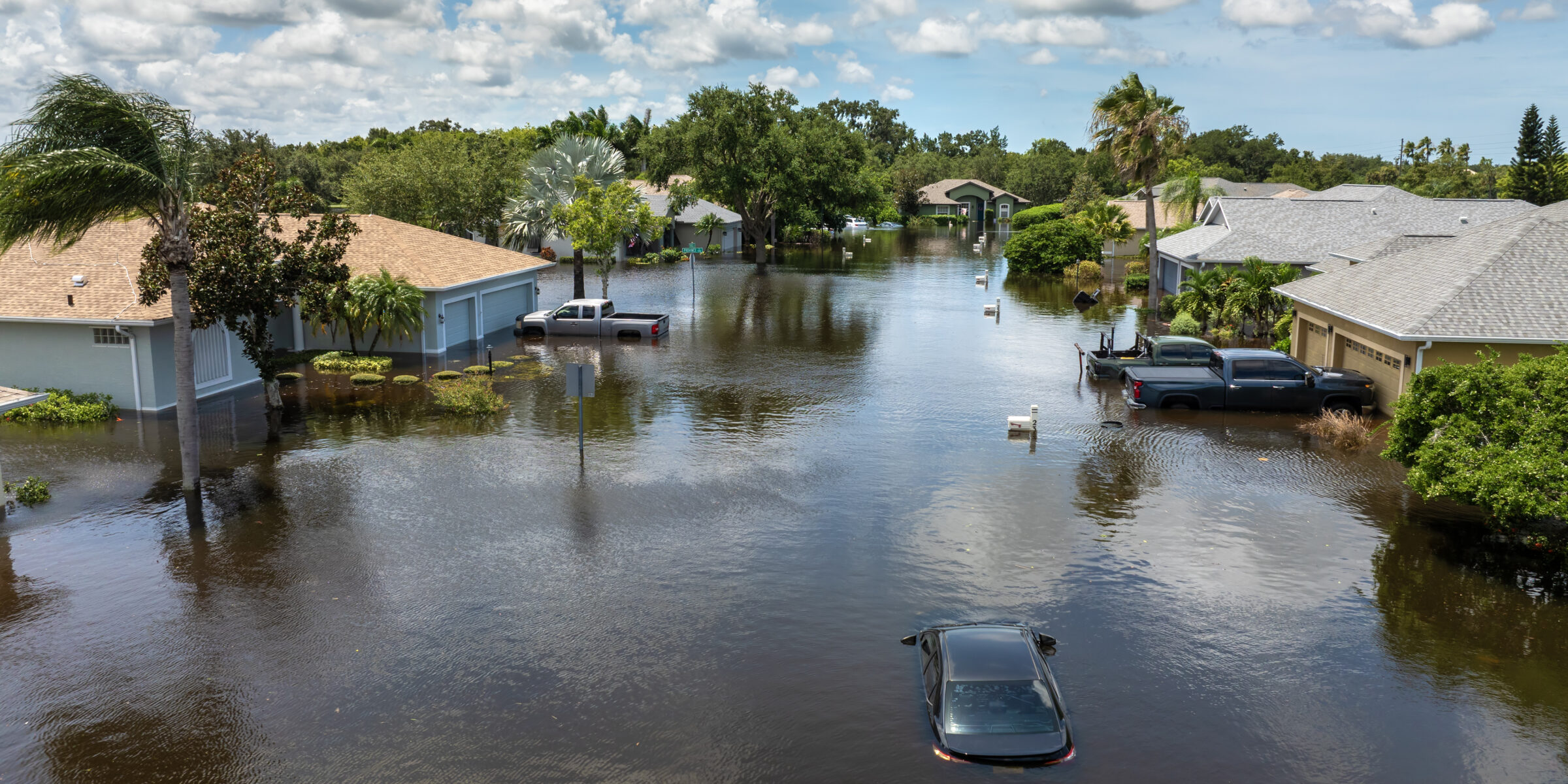
In July, tax policy expert Erin Towery, the KPMG-Atlanta Partners’ and Employees’ Professor in Terry’s J.M. Tull School of Accounting, completed a one-year post as a Senior Economist with the White House Council of Economic Advisers (CEA).

The University of Georgia and Duke University are partnering with leaders from the insurance and climate data industries to launch the Center for Innovation in Risk, Catastrophes, and Decisions (CIRCAD), a new initiative focused on insurance innovation and large-scale climate risk mitigation research.